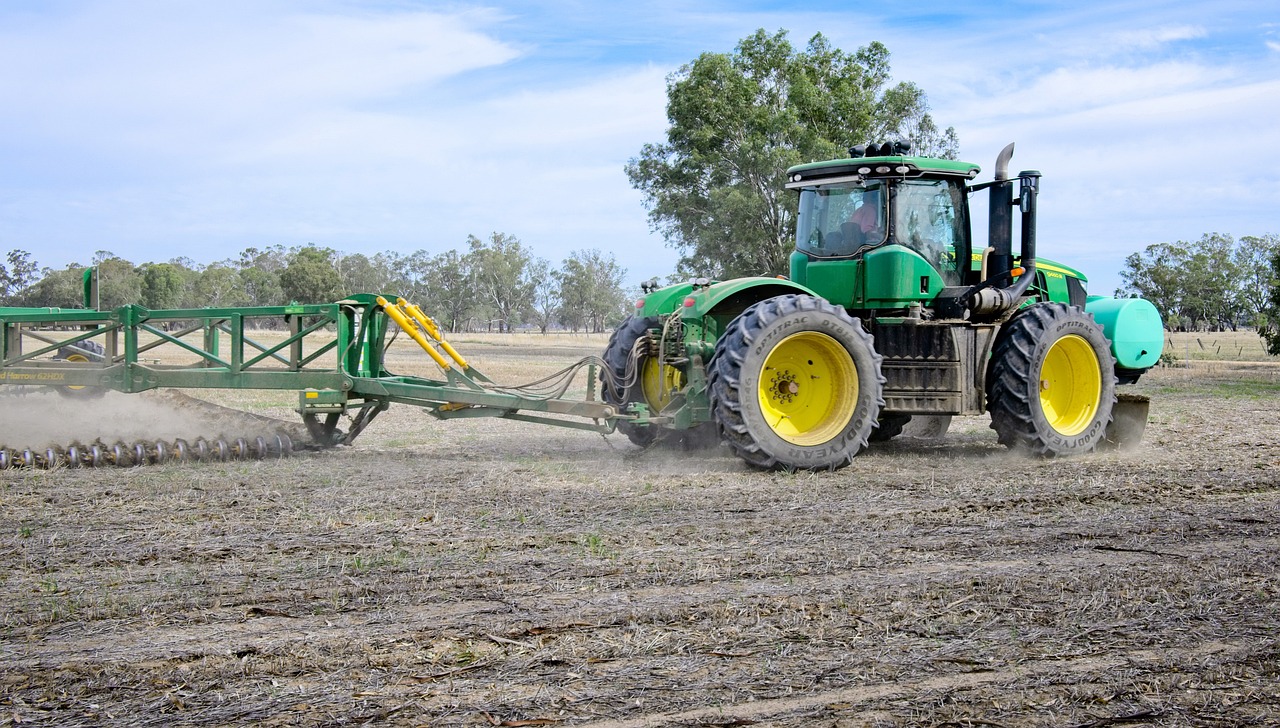
2024: The trends of the Agrifood sector
The Agrifood sector is currently experiencing a very delicate moment, characterized by farmers’ protests aimed at finding a balance between productivity, market demands, and regulations. This is an issue that concerns everyone, not just the protagonists of the agricultural world.
Sustainability has gradually become the direction to follow in all sectors, but sometimes it is extremely complicated to transform business processes into sustainable processes. For this reason, while waiting to see how the farmers’ protests will end, let’s analyze the trends in the Agrifood sector for 2024, trying in particular to understand which of these will make the goal of environmental sustainability economically sustainable as well.
Fuels
Currently, there are no real alternatives to fossil fuels for powering large agricultural machinery. The mission is therefore to develop alternatives to reduce CO2 emissions without impacting productivity.
HVOs (Hydroprocessed Vegetable Oils) could represent the solution to this problem: they are vegetable oils that meet the latest emission standards, making them effective alternatives to diesel.
The future of agricultural machinery could be based on vegetable oils, which are already being tested with good results, especially by German companies.
Technology
Technology plays an extremely important role in the pursuit of environmental sustainability, a statement that has been a reality for several years. Therefore, 2024 will be characterized by the optimization of some technologies that can become an integral part of agricultural life. Among these, we mention the use of drones for field monitoring and some practices of biological pest control, and the use of rovers to replace the physical fatigue of humans in carrying out certain field activities.
Among the innovations, we find smart traps, capable of attracting, capturing, analyzing, and cataloging certain harmful insects for crops.
Artificial Intelligence
Obviously, artificial intelligence could not be missing among the 2024 trends for the agricultural sector. AI is the basis of some smart technologies that are already being successfully used today and also opens up new scenarios, especially in the design phase.
Although we are still far from using artificial intelligence in operational phases, i.e., with machinery that is essentially able to do everything on its own with simple human supervision, AI is becoming a very powerful tool for agricultural design. The possibility of analyzing large amounts of data, from soil conditions to climate change, and adapting production choices to these could bring huge improvements in field yields. This translates into greater productivity without the need to resort to expedients that increase the quantity of harvested products (often at the expense of quality) to meet the demands of an increasingly tough market.
All this translates into further development of IoT (Internet of Things) technologies aimed at connecting objects, devices, and software together, in such a way as to ensure farmers total control of their land and maximization of yields without compromises.








